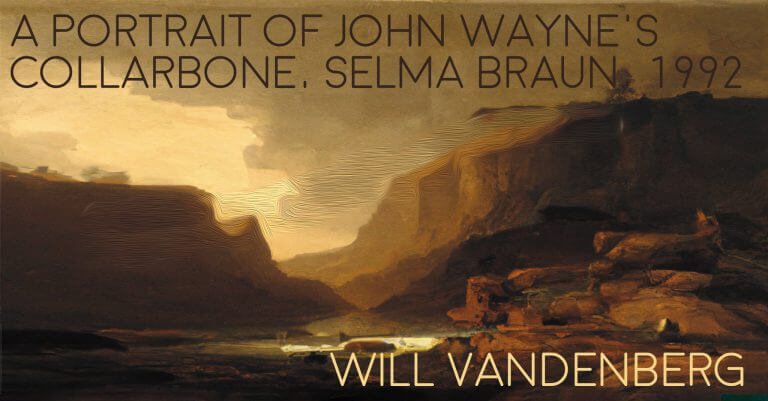
A PORTRAIT OF JOHN WAYNE’S COLLARBONE, SELMA BRAUN, 1992 by Will VanDenBerg
It’s 5:34 am and John Wayne is singing to his horse. The shoot is behind schedule; they’ve gone all night. Wayne’s singing voice will be dubbed over.

It’s 5:34 am and John Wayne is singing to his horse. The shoot is behind schedule; they’ve gone all night. Wayne’s singing voice will be dubbed over.
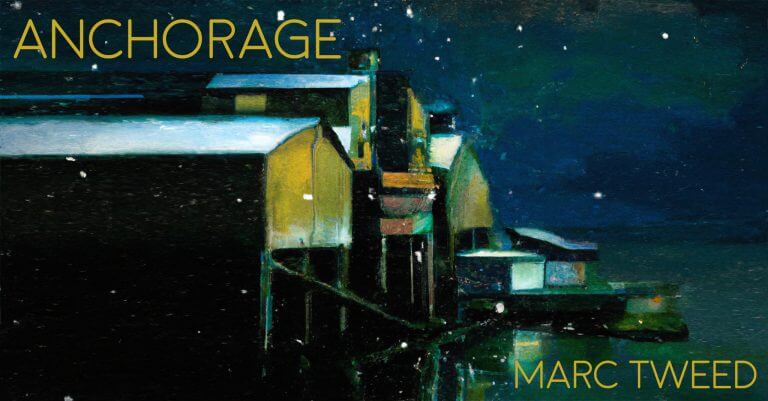
That’s the Way of the Boss. That’s the Way of the Boss! Well, fuck.
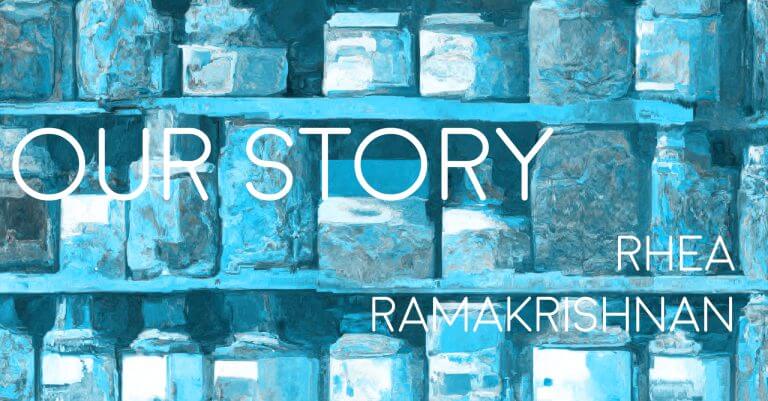
You can tell yourself anything you want about yourself, even if it’s not true yet, and eventually it will be. Maybe.
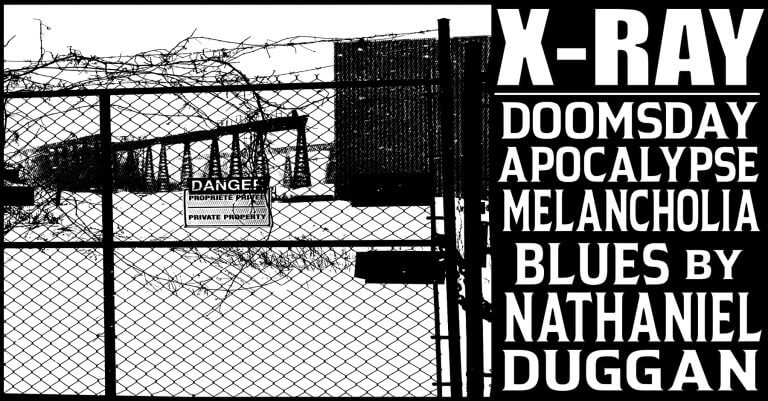
It was an easy thing, that winter, to realize that you were not, in fact, you—rather you were the untitled, draft email of yourself, addressed to no one.
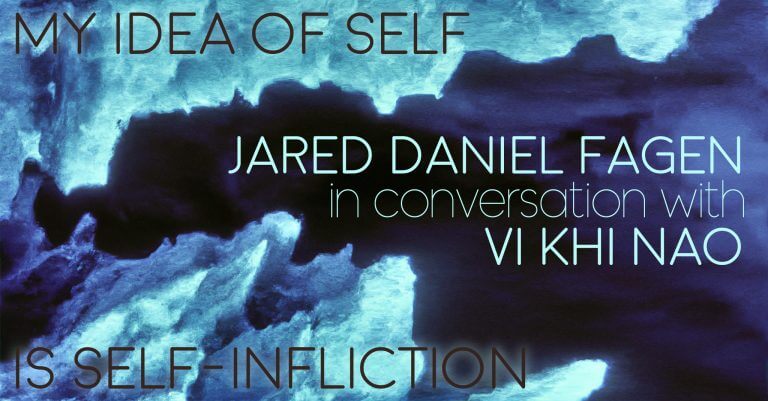
I don’t feel free, Vi. Never have. I know you don’t either. I don’t know anyone who does, or has. Maybe nothing is, nor should it be.
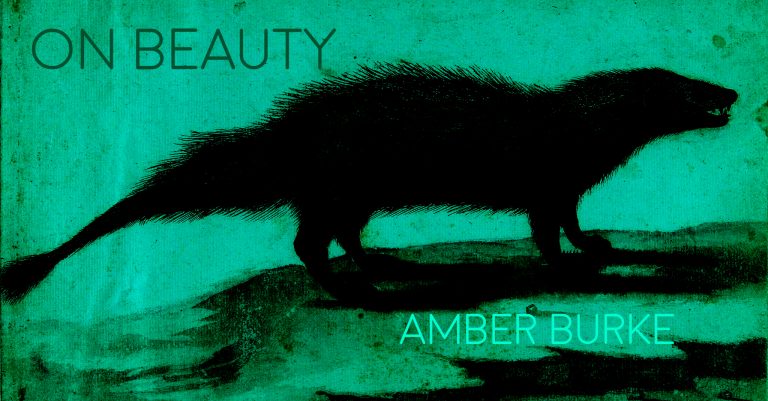
I don’t mind when men talk and talk; then I don’t have to do anything. They fall in love all by themselves.
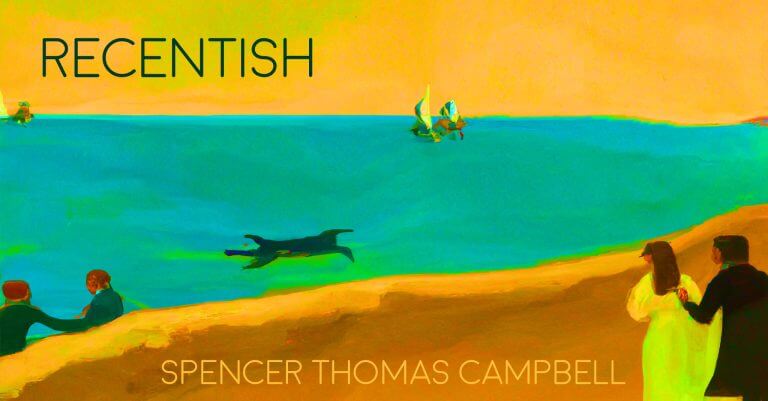
But the product of this was both gushy and vain. Embarrassing. It was easy to read his real interest, which was carnal, puckered.
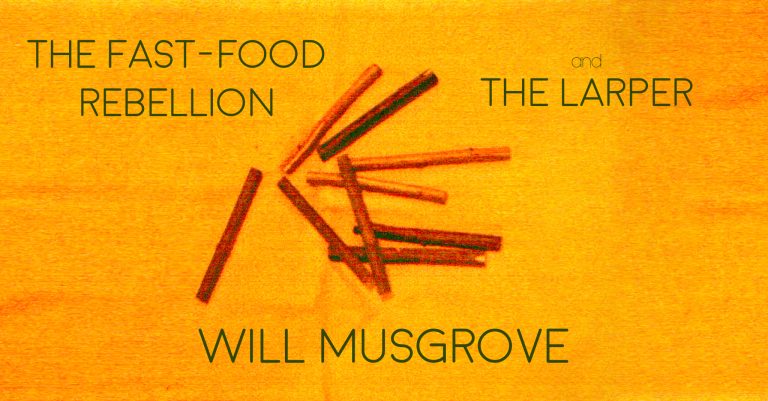
On break, he spoke to us through the order box. The sun warming our necks, we tossed French fries to seagulls and smelled the electric static on his breath.
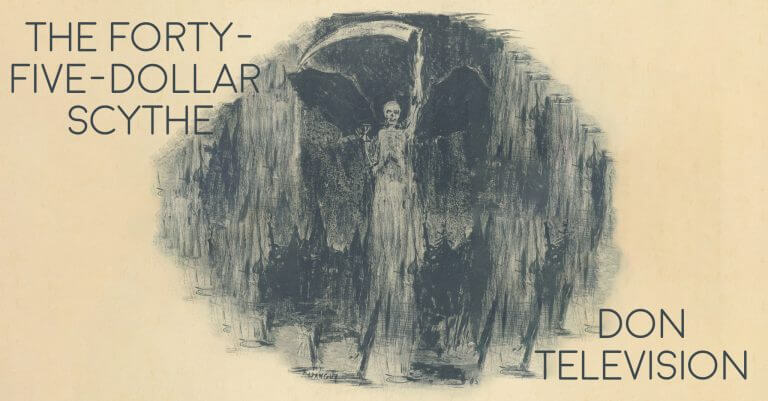
They looked for the seller. They were sometimes lurking near the booth, watching as you handled the crockery. Watching as you flipped through the records.
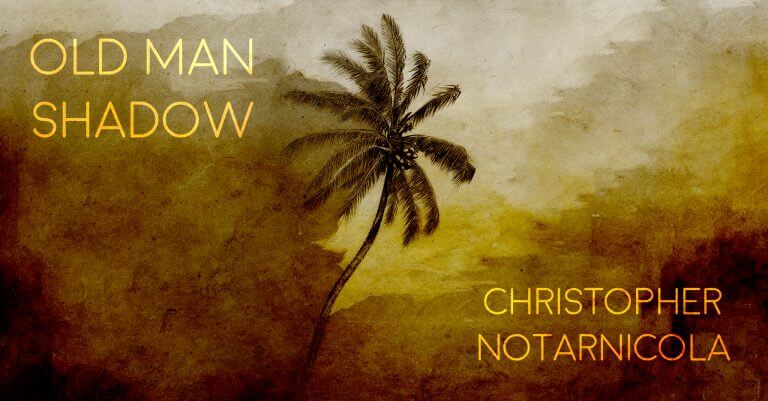
The girl came out, banana in hand, and the guy from the back followed, loosening his fruit-stained apron, gaping at the climb.
